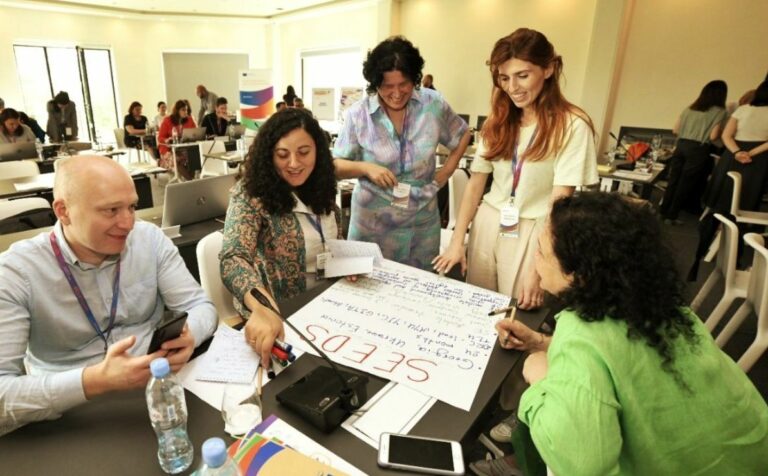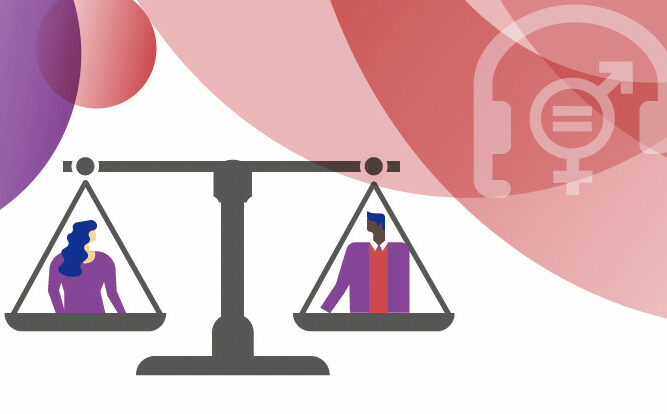
Women in politics: why are they under-represented?
Women are generally under-represented in political offices worldwide, and their under-representation becomes larger in more senior positions. In the brief Women in Politics: Why Are They Under-represented? recent academic literature on the likely causes of women’s under-representation is reviewed. Broadly speaking, two main causes is presented “supply-side” and “demand-side” factors. The former include women’s potentially lower willingness to run for political office, whereas the latter include voters’ and party leaders’ prejudices against women in politics. In conclusion, some of the policies that have been proposed or used to empower women in politics are summarized and evidence on their effectiveness is reviewed when available.
The policy brief includes country reports for Belarus, Georgia and Ukraine. It was published by the Forum for Research on Eastern Europe and Emerging Economies (FREE Network).
Download
MOST READ
RELATED

EU4Culture: Practical online course on successful grant proposal writing

EU4Youth Newsletter: Welcome to the EU4Youth Stakeholder Hub!

EU4Youth develops Youth Wiki reports on Youth Employment and Employability

EU4Gender Equality Reform Helpdesk’s support (2021-2024) for Ukraine

EU4Gender Equality Reform Helpdesk’s support (2021-2024) for Georgia
More campaign pages:
Interested in the latest news and opportunities?
This website is managed by the EU-funded Regional Communication Programme for the Eastern Neighbourhood ('EU NEIGHBOURS east’), which complements and supports the communication of the Delegations of the European Union in the Eastern partner countries, and works under the guidance of the European Commission’s Directorate-General for Neighbourhood Policy and Enlargement Negotiations, and the European External Action Service. EU NEIGHBOURS east is implemented by a GOPA PACE-led consortium. It is part of the larger Neighbourhood Communication Programme (2020-2024) for the EU's Eastern and Southern Neighbourhood, which also includes 'EU NEIGHBOURS south’ project that runs the EU Neighbours portal.

The information on this site is subject to a Disclaimer and Protection of personal data. © European Union,







